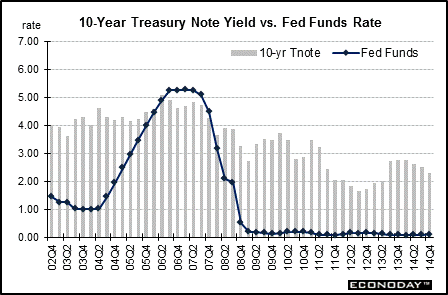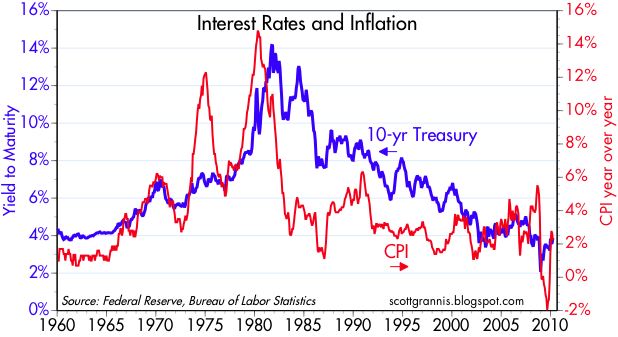Primary Dealers
Bank of Nova Scotia, New York Agency
BMO Capital Markets Corp.
BNP Paribas Securities Corp.
Barclays Capital Inc.
Cantor Fitzgerald & Co.
Citigroup Global Markets Inc.
Credit Suisse AG, New York Branch
Daiwa Capital Markets America Inc.
Deutsche Bank Securities Inc.
Goldman Sachs & Co. LLC
HSBC Securities (USA) Inc.
Jefferies LLC
J.P. Morgan Securities LLC
Merrill Lynch, Pierce, Fenner & Smith Incorporated
Mizuho Securities USA LLC
Morgan Stanley & Co. LLC
NatWest Markets Securities Inc.
Nomura Securities International, Inc.
RBC Capital Markets, LLC
Societe Generale, New York Branch
TD Securities (USA) LLC
UBS Securities LLC.
Wells Fargo Securities, LLC







 Reply With Quote
Reply With Quote





Connect With Us